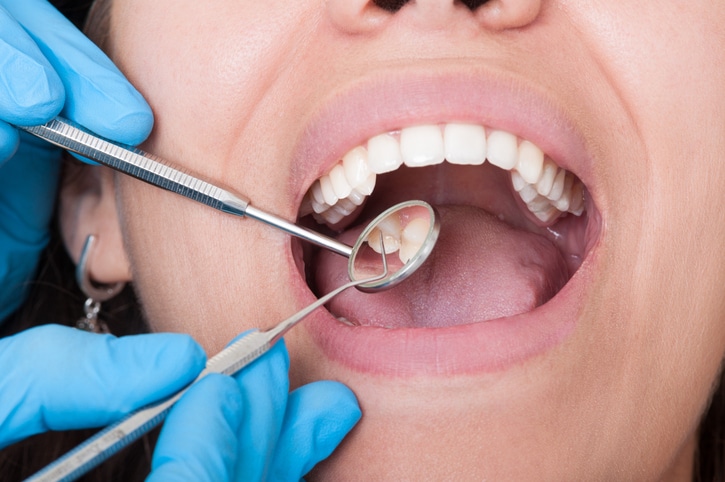
Good oral health is an important part of overall wellbeing, but many people don’t know enough about oral hygiene to do a good job of keeping their teeth and gums healthy. When you work as an intra oral dental assistant, you can help patients improve their oral health by assisting the dentist in providing treatment as well as by informing patients of ways they can improve their own oral hygiene habits. The right training program can teach you everything you need to know to accomplish these tasks and more.
Want to get a head start on your studies? Here are a few facts that you might find interesting while studying to become a dental assistant.
1. After Intra Oral Dental Assistant Training, You Might See That Cavities Are Common
Dental caries, also called “cavities,” are holes that form in teeth when they are exposed to bacteria for a prolonged period of time. Cavities can be painful, and leaving them untreated can lead to more serious problems, like infection of nerve tissue and other complications. They are also very common. According to the World Health Organization, “60–90% of school children and nearly 100% of adults have dental cavities.”
Dentists can repair cavities by filling them with metal or a composite of plastic and glass, and professionals withintra oral dental assistant training often assist with this procedure. By studying at Medix College, you will get plenty of practical experience training in industry-standard facilities. As a result, you will gain the hands-on experience you’ll need to approach this responsibility with confidence in your career.
2. Pros With Intra Oral Dental Assistant Training Know It’s Important to Avoid Risk Factors
Although cavities, gum disease, and other oral health problems are quite common, most people can prevent them by avoiding certain risk factors. These factors include consuming sugar and alcohol, smoking, and having an unhealthy diet. Maintaining good oral health practices like brushing teeth twice a day and flossing daily can also help with maintaining good oral health.
In your future career as a dental assistant, you might sometimes need to inform patients about aspects of their oral health that they can improve on. Maybe they need to eat less sugar, floss more often, or make some other change to keep their teeth and gums healthy. Your training will help you know which suggestions to make to the clients you meet, and allow you to help people lead healthier lives.

3. Fear of the Dentist Can Prevent Some Patients From Making Regular Appointments
Although many people know that regular visits are important for keeping teeth and gums healthy, some get stressed at the idea of going to the dentist. This can prevent them from going as often as they should, and can lead to cavities forming, infections developing, and other issues occurring.

One way you can help encourage patients to come back is to be a positive, friendly presence in the dental office. Being calm, polite, and professional can help establish you as trustworthy and help encourage patients to schedule regular appointments every 6-12 months. All of our programs for career training in healthcare make learning soft skills, like communication, a priority. These skills can help you soothe nervous patients feeling anxious about their dental appointment. In addition, good communication skills are highly sought after by employers, so mastering them will also boost your career.
Are you thinking about attending dental assistant college in Ontario?
Visit Medix College for more information or to speak to an advisor.



